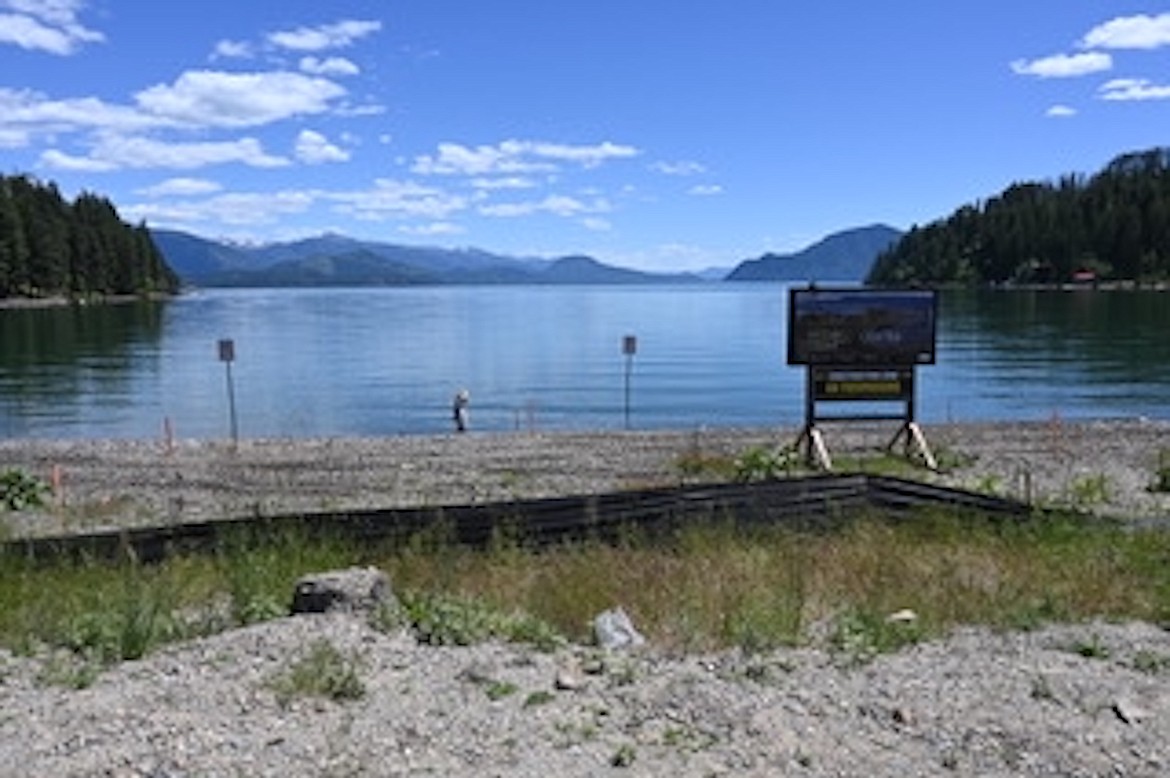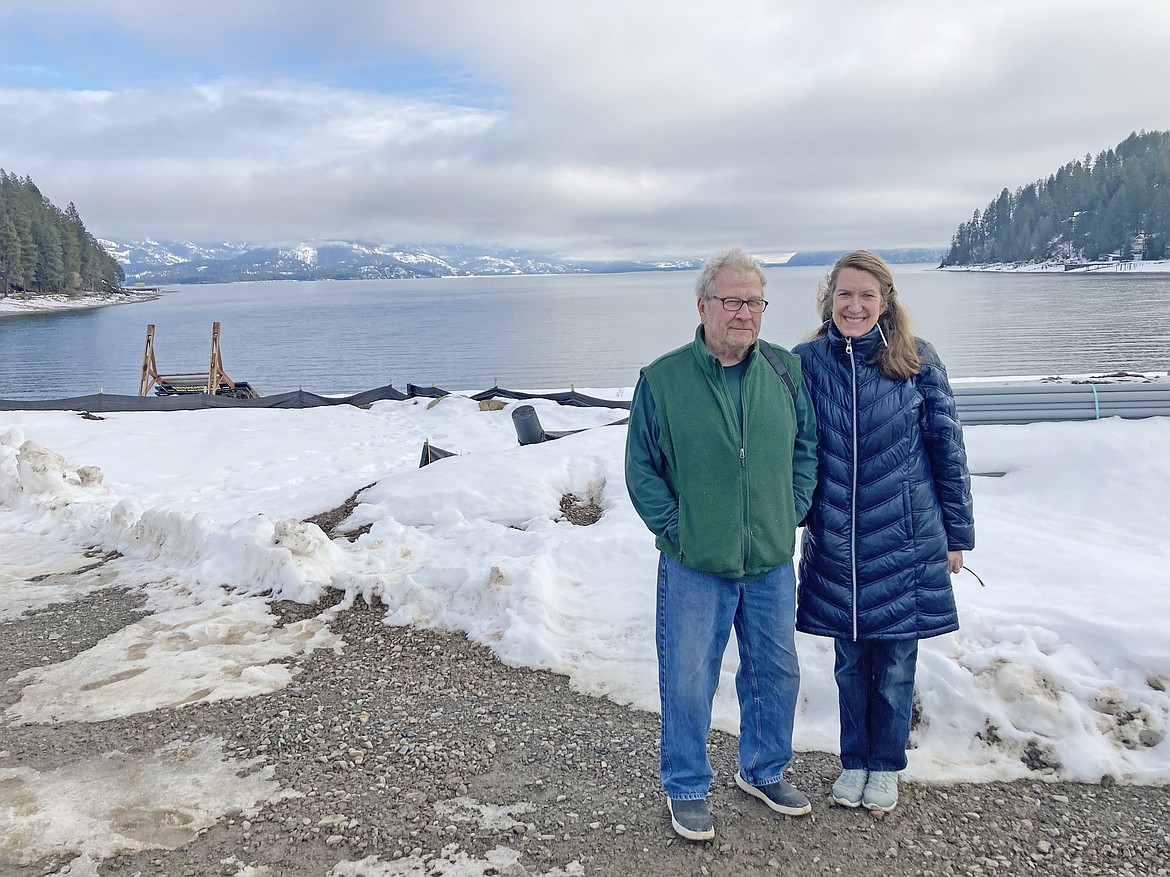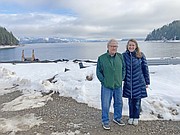Camp Bay request back before county
SANDPOINT — Bonner County commissioners could decide Monday whether a plan regarding a proposed pathway to Camp Bay is in the public interest or not.
The hearing, set for 9 a.m. at the Bonner County Admin Building, 1500 U.S. 2, was ordered by the courts to determine how a proposed footpath to allow access to Camp Bay could impact the public's interest in a proposed vacation of Camp Bay Road.
Under the proposal, M3 ID Camp Bay LLC’s latest proposal would reroute non-resident foot traffic southeast of the current beach.
The hearing is the latest in a series of meetings, hearings and court dates held as part of an effort to determine if the final section of Camp Bay Road near Sagle Road runs all the way to Lake Pend Oreille’s high-water mark or ends at property now owned by M3.
The request is the latest by M3 for a vacation of roughly 2,550 feet of the Camp Bay Road right of way. If approved, the vacated right of way would be replaced with private roadway access and utility easements. In exchange, the company would create a public easement for a path leading to and from the lake.
The sole focus of the court-ordered hearing will be the proposed walking path and its impact on the public's interest in the newest iteration of the road vacation.
The decision was remanded back to county commissioners in late September by a First District judge after the Arizona-based company sought a judicial review of the case.
Since the company had revised its application, M3 officials argued that counted as new evidence — and should voted on by county commissioners.
Fred and Jennifer Arn, who filed suit over the original road vacation overturned by the courts, filed a brief questioning whether that evidence was relevant to the court proceedings.
In their analysis of the proposed vacation, planning staff said the proposed vacation would remove the roadway from the county maintenance system, placing future maintenance on the company instead of county taxpayers.
"It should be noted that the state codes regarding Title 40 Vacations contain no standards or requirements against which staff can evaluate the public access walking path proposed by the applicant, either as a stand-alone proposal or in concert with the proposed vacation," staff said in the report. "This evaluation and decision are at the discretion of the elected Board of County Commissioners."
In the report, planning staff said the proposal meets vacation criteria and standards outlined under state code, and while staff made no official recommendation, its conclusions found that the vacation was in the public's interest.
Supporters of the proposed road vacation say it would be a big win for county residents and provide legal access to the lake.
Critics of the plan say M3's proposed pathway doesn't provide the same level of access and hampers access for those kayaking or canoeing. They contend residents have a already have legal, historic access to the lake at the site and it would be short-sighted and not in the public's interest to swap it for something that isn't a fair trade.
In a letter questioning the legitimacy of the staff report, Molly McCahon said the document doesn't address the legal requirements of Idaho Code — or whether walking path is in the public's interest.
Instead, the staff report includes just a cursory mention of the walking path or whether it is in the public's best interest or neglects summarizing public comments on the walking path.
"I consider this staff report to be illegitimate in its entirety," McCahon said in the letter. "The only evidence the BOCC should legally be considering is whether the path is in the public’s interest, the public’s feedback on the path and the description and maps the applicant provided of the path. In this staff report, the public’s feedback on the path has been excluded entirely, and there is no analysis of the path whatsoever."
Also of concern, McCahon said, was that none of the conditions for approval of the road project tied the proposal to a guarantee for the pathway.
"As written, this staff report allows the road vacation to be approved without a guarantee the walking path will ever be built," she added. "This letter doesn’t address all the issues in the staff report, but is meant to question its legitimacy as a whole."



